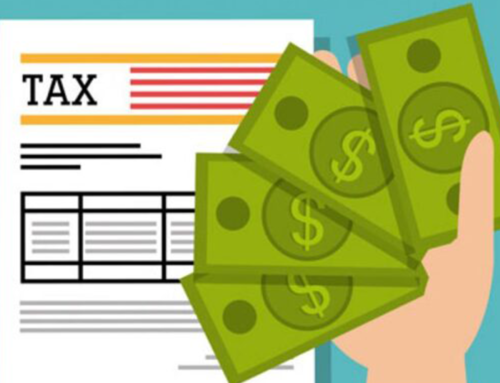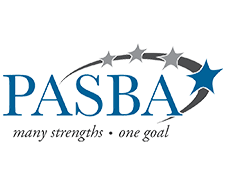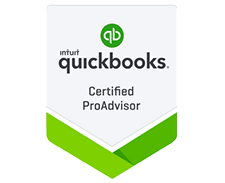Consider an IRS IP PIN?
How to Protect Your Identity and Credit

As fraud expands, thieves have more opportunities to steal your financial identity. The Federal Trade Commission reports that as many as half a million Americans have their identities stolen annually, costing them money and affecting their credit ratings.
Identity thieves make their money by co-opting your name, Social Security number, credit card number or other piece of your personal information for their own use. Below are just a few of the ways the identity thieves operate, according to the FTC:
- They file fraudulent tax returns on your behalf to get a refund.
- They open a new credit card account, using your name, date of birth and Social Security number. When they use the credit card and don’t pay the bills, the delinquent account is reported on your credit report.
- They call your credit card issuer and, pretending to be you, change the mailing address on your credit card account. Then, your imposter runs up charges on your account. Because your bills are being sent to the new address, you may not immediately realize there’s a problem.
- They establish cellular phone service in your name.
- They open a bank account in your name and write bad checks on that account.
Fortunately, there are a number of ways you can protect yourself from identity theft:
- Opt in for an IRS IP PIN! To combat identity theft, the IRS since 2011 has aided certain taxpayers by issuing them an identity protection personal identification number (IP PIN), which helps the IRS verify taxpayers’ identity and accept their filed tax returns. After a progressively larger pilot program, the IRS in mid-January opened the program nationwide to allow all eligible taxpayers to opt in to receive an IP PIN. More taxpayers are now likely to turn to their tax preparers and advisers to help them decide whether to do so. See this Journal of Accountancy article for the Opt in process HERE.
- Know who you’re talking to. Before you reveal any personally identifying information, find out how it will be used and whether it will be shared with others.
- Pay attention to your billing cycles. Follow up with creditors if your bills don’t arrive on time. A missing credit card bill could mean an identity thief has taken over your credit card account and changed your billing address to cover his tracks.
- Guard your mail against theft. Deposit outgoing mail in post office collection boxes or at your local post office—not in your own mailbox for your carrier to pick up.
- Put passwords on your credit card, bank and phone accounts. Avoid using easily available information such as your mother’s maiden name, your birth date or your phone number.
- For more tips and information, visit the FTC’s website. Minimize the identification information and the number of cards you carry to what you actually need. Don’t carry your social security card—memorize the number and store the card in a secure place.
- Do not give out personal information on the phone, through the mail or over the internet unless you have initiated the contact and know who you’re dealing with.
- Keep items with personal information in a safe place. To thwart an identity thief who may pick through your trash to capture your personal information, tear or shred your charge receipts, copies of credit applications and other financial statements.
**Eger CPA is committed to helping you with this tax credit and any other tax and accounting services you or your small business may need. Please contact us and we would love to discuss how we can help. CONTACT US NOW!


















